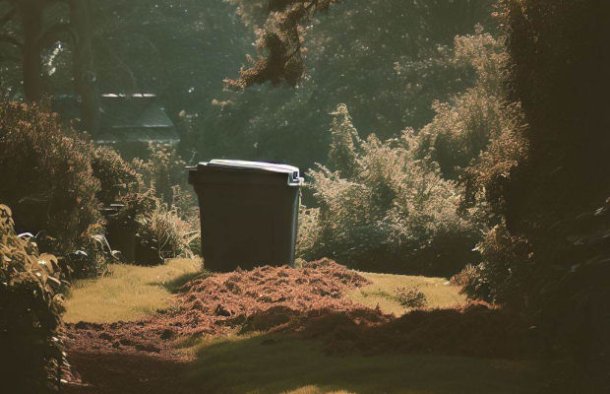Top 10 Reasons why you Should Compost
Composting is a natural way to recycle organic waste and create a healthy soil amendment that can be used in gardens, landscaping, and agriculture.
The composting process involves the decomposition of organic materials by microorganisms, such as bacteria and fungi, that consume the organic matter and produce a rich humus-like material that is high in nutrients and beneficial for plant growth. Composting can be done in a variety of ways, including in outdoor bins, indoor worm composting systems, and large-scale industrial composting operations.
Some benefits of composting include reducing waste going to landfills, improving soil health and fertility, reducing the need for chemical fertilizers and pesticides, and reducing greenhouse gas emissions. However, it's important to note that not all materials can be composted, and proper composting techniques should be followed to ensure the process is effective and safe.
Here are the Top 10 Reasons why you Should Compost
- Reducing waste: Composting helps reduce the amount of waste that ends up in landfills. This can help reduce the amount of methane gas that is produced, which is a potent greenhouse gas.
- Improve soil health: Composting creates nutrient-rich soil that can improve plant growth and health. The compost also helps retain moisture in the soil, reducing the need for irrigation.
- Save money: Composting can save you money by reducing the amount of waste you produce, and therefore, the amount of money you spend on trash collection and disposal fees.
- Reduce greenhouse gas emissions: When organic matter breaks down in a landfill, it produces methane, a potent greenhouse gas. Composting can reduce these emissions by diverting organic waste from landfills.
- Reduce water usage: Composting can help reduce the amount of water needed to maintain healthy plants, as the compost helps retain moisture in the soil.
- Reduce chemical use: Composting can help reduce the amount of chemical fertilizers needed for plants, as the compost provides natural nutrients.
- Improve air quality: Composting can help reduce the amount of air pollution produced by landfill sites, which can have a negative impact on air quality.
- Teach kids about sustainability: Composting is a great way to teach children about sustainability and the importance of reducing waste.
- Improve biodiversity: Composting can help increase the number of microorganisms in soil, which can help promote biodiversity.
- Support local food production: Composting can help support local food production by creating nutrient-rich soil that can be used to grow fruits and vegetables.
